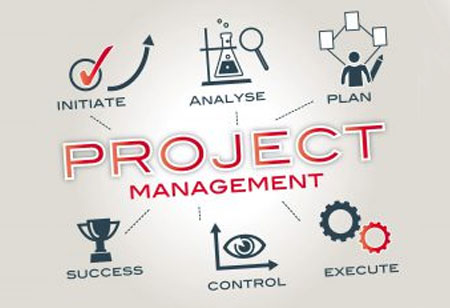THANK YOU FOR SUBSCRIBING
Project Management for the Next Generation
The traditional project management techniques have evolved for decades and apply to many domains. However, for some domains, such as software development, traditional PM is not an accurate fit.

By
Apac CIOOutlook | Thursday, January 01, 1970
Stay ahead of the industry with exclusive feature stories on the top companies, expert insights and the latest news delivered straight to your inbox. Subscribe today.
Project management is one of the most important pillars that are helping the business run without any anomaly in their processes. In traditional project management, the complete project is planned without any possibility of changing requirements. This kind of approach works well for projects with a fixed budget or deadline, but at the same time, it can become problematic when unpredicted disruptions occur.
The traditional project management techniques have evolved for decades and apply to many domains. However, for some domains, such as software development, traditional project management is not an accurate fit. As a result, few modern project management practices such as agile and scrum, adoption of Artificial Intelligence have been introduced to address the shortcomings of the traditional method.
Although replacing traditional project management methods may seem like a jump, adopting agile approach productivity can be increased, and speed delivery across all team members can be feasible.
Thus, companies have to learn to reinvent themselves from time-to-time to keep up with changes in technology and the business environment they operate in. This rapidly changing environment calls for a more adaptive project management approach, but that doesn’t necessarily mean that we need to put behind what we’ve learned about traditional project management. Organizations have to find the approach that fits their process and the project which needs merging of different frameworks and techniques.





